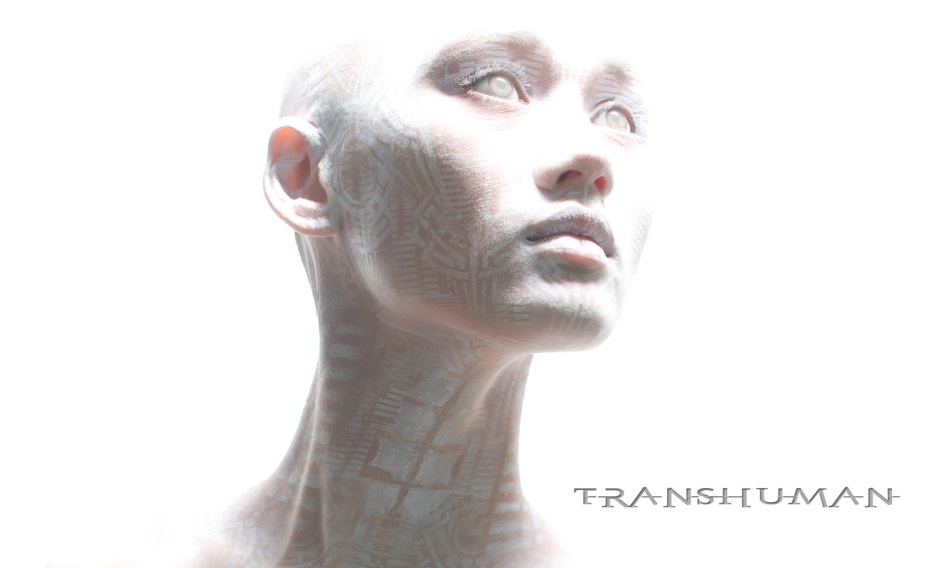“All confess that God is omnipotent; but it seems difficult to explain in what His omnipotence precisely consists: for there may be doubt as to the precise meaning of the word ‘all’ when we say that God can do all things. If, however, we consider the matter aright, since power is said in reference to possible things, this phrase, ‘God can do all things,’ is rightly understood to mean that God can do all things that are possible; and for this reason He is said to be omnipotent.” – St. Thomas Aquinas, Summa Theologica
One of the primary goals within transhumanism is the use of technology to become omnipotent beings with godlike capabilities. As this may seem to be the most daring of all human feats, it is not without fallacy. Inherently, humans are flawed creatures. We are capable of making mistakes, thus lack the ability to understand the concept of perfection. If we are imperfect, then wouldn’t anything we create become imperfect as well? This constant act of revising ourselves to become perfect is asymptotic, always approaching perfection but never becoming so. So what does it mean to be omnipotent?
To become omnipotent, one must understand what it means to be perfect and universal. St. Thomas Aquinas hints at this in his book, Summa Theologica. To be omnipotent, one must be able to perform any task possible. This feat in itself is dependent on the individual’s imagination, which has its own limitations. Technology may be able to grant someone the ability of unsurpassable cognitive capabilities and/or physical power, but the latent nature of the imagination is something that cannot be augmented.
Then, the argument over godlike prowess comes into play. Since prehistory, humans have worshipped deities of immense power in hopes of success. At Gobekli Tepe, there is evidence that religion came before the domestication of animals. It was the belief that man was superior to animals, a belief stemming from religion, which allowed primitive man to domesticate wildlife. Without this, agriculture wouldn’t have been possible and civilizations would’ve never developed.
As the time of theistic beliefs are being challenged by atheistic philosophies has begun, a few individuals have their goals set on becoming the very deities their ancestors once worshipped. The question remains: can humans become gods? The idea of becoming a “god” would be the act of transcending from a primitive existence to one that is omnipotent and perfect. The very nature of this is often scoffed at by theists and is considered to be hubris, which is true in many cases. After all, how can an imperfect being with imperfect gadgets become perfect?
This leads to the root of my thesis. The acceptance or acknowledgment of deities remains in the primitive mindset of man. To become godlike, one must transcend by eliminating all primitive elements of their being. If there is one single primitive element that remains, they have not completely transcended. Because of this, even acknowledging that you are godlike would mean that you still have a primitive mindset. To become truly godlike, you must acknowledge yourself as simply existing. This has sparks of similarity to the phrase “I am who I am” that was spoken by the Abrahamic god. No true godlike being acknowledges their existence as such because the idea of deities is primitive thinking.
The Transcendence Conjecture is stated as follows:
- If a sentient being acknowledges its existence as being godlike, then it is truly not godlike.
- If a sentient being acknowledges that it only exists, then it is truly godlike.
At the point that the being has undergone transcendence through whatever means possible, then this conjecture comes into play. The completion of transcendence is dependent on the acknowledgement of the being’s existence and how it acknowledges itself. By completely eliminating all traces of a primitive existence, the being will be seen as godlike to those who are still primitive. Ergo, the being would have truly transcended and became a god.
As with any conjecture, this is based from incomplete knowledge. Since this is dependent on other hypothetical factors, their proof of validity is equitable to the validity to this conjecture. If they prove to be right, then the conjecture is valid by association. If not, then the conjecture is not valid. At the point of where all dependent hypotheses are held as neither proven nor disproven, then the conjecture is neither true nor false.
Through the case that a human may become godlike through latent abilities or clever artifice, the nature of their existence is held to this conjecture. For man to become godlike, man must understand that to be god is to be perfect. If perfection is understood, then perfection is not attainable. For a transhumanist to become a “god,” then perfection must be understood and he/she must undergo transcendence. At the end, their self-acknowledgement will dictate whether or not the process is a success or failure.
* hero image used from http://whitethronereviews.blogspot.com/2011/08/believer-transhuman.html

February 5, 2018 at 7:54 pm
Vector geometry; capabilities of several variables; polar coordinates; partial derivatives, gradients,
directional derivatives; tangent lines and
planes; max/min/parametric curves, curvilinear movement; multiple integrals; vector fields, flows; integration on curves, work; divergence,
flux, Inexperienced’s theorem. https://math-problem-solver.com/ .
Such is the way of the world.